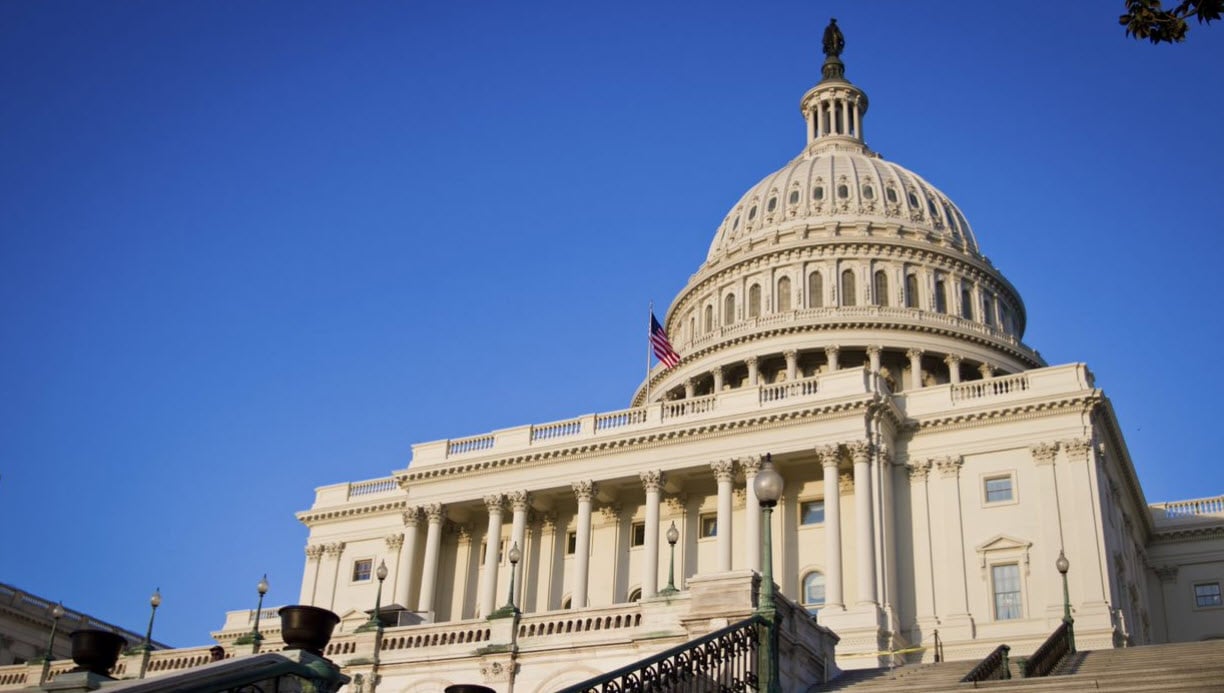In brief
In its first criminal no-poach prosecution to result in a penalty against an individual, the US Department of Justice (DOJ) has entered into a pretrial diversion agreement that requires Defendant to complete 180 hours of community service, refrain from any criminal activity or unlawful drug use, and surrender his passport for six months. In exchange, Defendant will not be incarcerated or face further penalties in connection with the underlying no-poach charges. While the penalties are not severe, they constitute the first time that penalties have been assessed against an individual defendant and have important implications for corporate officers, directors, managers, and HR professionals.
Background
This prosecution stems from a conspiracy between the defendant and an unnamed co-conspirator. DOJ alleged that both the defendant, who was previously employed as a Regional Manager of a health care staffing company, and his competitor agreed not to recruit or hire each other’s nurses or raise the wages of those nurses. Last week, DOJ announced that it has entered into a pretrial diversion agreement with Defendant. Under the diversion agreement, Defendant admitted to facts supporting DOJ’s initial indictment, and DOJ agreed to drop the charges against Defendant if he completes 180 hours of community service, surrenders his passport for six months, and refrains from any criminal activity. In exchange, he will not be incarcerated or face further penalties for any conduct related to DOJ’s criminal indictment.
DOJ already secured a guilty plea from Defendant’s former employer. VDA, formerly Advantage On Call LLC, pleaded guilty to having a pact in place with an unnamed competitor from October 2016 and July 2017 to not raise the wages of nurses working in a specific market and to not hire nurses from each other. The company agreed to pay a criminal fine of USD 62,000 and restitution of USD 72,000 to all nurses who were affected by these actions.
These resolutions follow two criminal no-poach actions brought by DOJ that resulted in jury exonerations. Despite the recent trial losses, DOJ did succeed on dispositive motions in each case and counts the plea and deferred prosecution agreements as additional successes that support the current administration’s effort to pursue no-poach and wage-fixing cases criminally. DOJ likely will continue to seek indictments regarding agreements in the labor market and rely on its incremental successes in these cases as precedent.
No-poach cases involve agreements among employers not to compete for one another’s employees in violation of Section 1 of the Sherman Act. Both DOJ and FTC heavily scrutinized conduct in the labor markets. It therefore is important that companies assess any risk that they have with any labor agreements.
Key takeaways
- Companies should be aware that competitors do not have to be in the same industry or sector; if you are both competing for the same talent — then you are competitors.
- All hiring managers should understand that agreeing with another company to not hire or recruit one another’s employees may be viewed as a per se antitrust violation that may be subject to criminal prosecution.
- If personnel from another company ask a hiring manager to agree not to hire or recruit certain employees or to honor an existing agreement or understanding not to hire or recruit certain employees, legal counsel should be notified immediately.
- Counsel should talk to hiring managers and human resource team members to assess whether they are aware of any existing agreements and review all contracts with other companies to ensure there are no clauses pertaining to agreements not to hire or recruit certain employees. And where appropriate, seek advice from outside counsel.
- Counsel should develop and implement training and internal policies surrounding antitrust compliance, and specifically around hiring practices.



